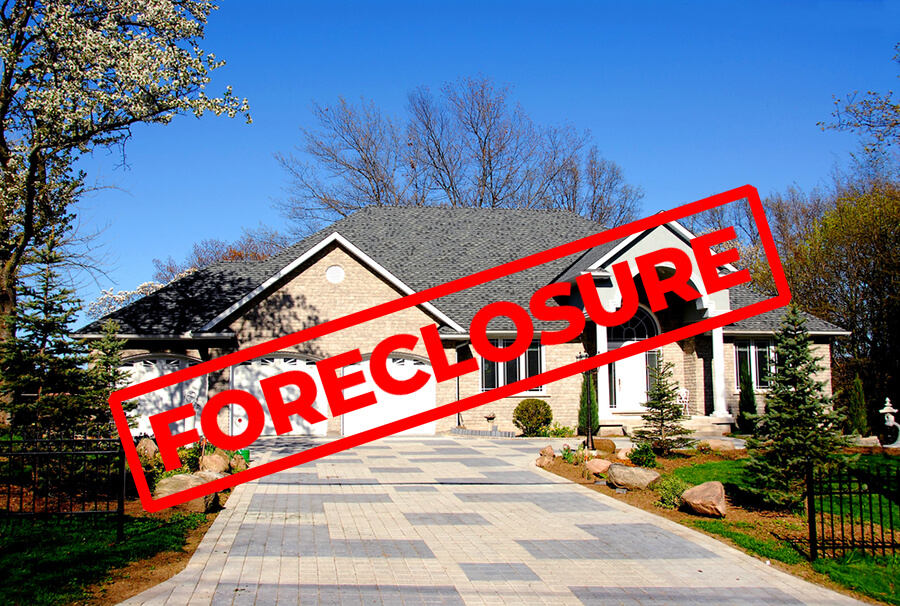
The Fifth Appellate District of the California Court of Appeals issued a 29-page opinion which reversed the trial court’s granting a demurer in favor of Bank of America and against the homeowner (Glaski) in an unprecedented foreclosure case. Some of the claims alleged by the homeowner included claims for Wrongful Foreclosure, Quiet Title, Declaratory Relief, Cancellation of Instruments, and Unfair Business Practices under CA’s Business and Professions Code sec. 17200. The decision was issued on July 31, 2013 and initially it was not certified for publication, however on August 8, 2013 the court certified the decision for publication
The Complaint alleged that the mortgage loan had not been properly securitized. In other words the trust which was claiming to be holder/lender of the promissory note and the deed of trust did not acquire the homeowner’s loan before the trust closed in December of 2005. The alleged transfer (by assignment) was not until June 15, 2009. The homeowner alleged that the foreclosure was wrongful because it was initiated by a non-interested third party, because they had no interest in the Note or Deed of Trust. Specifically the complaint alleged that there was a failure to comply with the trust documents as to when the loan had to be transferred to the trust, and thus the purported transfer by JPMorgan Chase to the WaMu securitized trust in 2009 was void, resulting in the foreclosure being void as well. Previously in California and in other jurisdictions Banks were able to get away with deficiencies in the securitization, however the Court rejected these other decisions.
The Wrongful Foreclosure by a Non-Holder of the Deed of Trust was based upon the theory that the foreclosure was wrongful because it was initiated by a nonholder of the deed of trust which the court said was “phrased as (1) the foreclosing party lacking standing to foreclose or (2) the chain of title relied upon by the foreclosing party containing breaks or defects.” Citing Scott .v JPMorgan Chase Bank, N.A. (2013) 214 Cal.App.4th 743, 764; Herrera v. Deutsche Bank National Trust Co. supra, 196 Cal.App.4th 1366”
In this case along with a majority of foreclosure litigation cases the original lender is not trying to foreclose. Instead the foreclosing party is relying upon one or more assignments of deeds of trust to validate their legal authority to move forward with the foreclosure. In this case along with most, the borrower is asserting that the assignment was ineffective, at which point an issue arises on the borrower’s standing to challenge the assignment of the loan when the borrower is not a party.
The Court stated that a third party’s ability to challenge an assignment was found in a secondary source which stated, “Where an assignment is merely voidable at the election of the assignor, third parties, and particularly the obligor, cannot … successfully challenge the validity or effectiveness of the transfer.” (7 Cal.Jur.3d (2012) Assignments, § 43.)
The Court found that since the Trust was formed under New York law, New York law governs the operation of the Trust. Specifically the Court cited New York Estates, Powers & Trusts Law section 7-2-4, which provides “If the trust is expressed in an instrument creating the estate of the trustee, every sale, conveyance or other act of the trustee is contravention of the trust, except as authorized by this article and by any other provision of law, is void.”
The Court concluded that the homeowner’s “factual allegations regarding post-closing date attempts to transfer his deed of trust into the WaMu Securitized Trust are sufficient to state a basis for concluding the attempted transfers were void. As a result, Glaski has stated a cognizable claim for wrongful foreclosure under the theory that the entity invoking the power of sale (i.e. Bank of America in its capacity as trustee for the WaMu Securitized Trust) was not the holder of the Glaski deed of trust.”
The Court also addressed the Gomes decision, which the most courts rely upon when ruling in favor of the banks, including this trial court relied upon in sustaining BOA’s demurrer. Specifically the Court held, “[t]he instant case is distinguishable from Gomes on at least two grounds. First, like in Naranjo v. SBMC Mortgage (S.D. Cal. Jul. 24, 2012, No. 11-CV-2229-L (WVG) 2012 l 3030370), Glaski has alleged that the entity claiming to be the noteholder was not the true owner of the note. In contrast, the principal in Gomes concerns the authority of the noteholder’s nominee, MERS. Second, Glaski has alleged specific grounds for his theory that the foreclosure was no conducted at the direction of the correct party. “
The Appellate Court directed the trial court to vacate its previous decision and enter a new order overruling the demurrer as Glaski’s third (quiet title), fourth (wrongful foreclosure), fifth (declaratory relief), eighth (cancellation of instruments) and ninth causes of action (unfair business practices).
For more information about how we can help you and your foreclosure case, please contact us for a free consultation.
For the latest foreclosure information visit Foreclosure News


